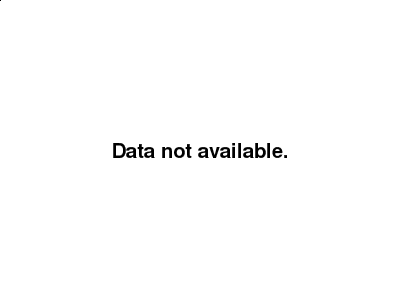Iran faces a struggle to increase oil exports because many of its tankers are tied up storing crude, some are not seaworthy, and foreign shipowners remain reluctant to carry its cargoes.
Tehran is seeking to make up for lost trade to Europe following the lifting of EU sanctions imposed in 2011 and 2012, which deprived it of a market that accounted for over a third of its exports and left it relying completely on Asian buyers.
Iran has 55-60 oil tankers in its fleet, a senior Iranian government official told Reuters. He declined to say how many were being used to store unsold cargoes, but industry sources said 25-27 tankers were parked in sea lanes close to terminals including Assaluyeh and Kharg Island for this purpose.
Asked how many tankers were not seaworthy and needed to go to dry docks for refits to meet international shipping standards, the senior official said: “Around 20 large tankers … need to be modernized.”

A further 11 Iranian tankers from the fleet were carrying oil to Asian buyers on Tuesday, according to Reuters shipping data and a source who tracks tanker movements. That was broadly in line with the number consistently committed to Asian runs since sanctions were lifted in January, putting more strain on the remaining available fleet.
This means foreign ships are needed for a big export push to Europe and elsewhere, said the industry sources, as Iran looks to meet its target of reaching pre-sanctions sales levels this year. But many owners, who are not short of business in a booming tanker market, are unwilling to take Iranian cargoes.
The main reason is that some U.S. restrictions on Tehran remain in place and prohibit any trade in dollars or the involvement of U.S. firms including banks – a major hurdle for the oil and tanker trades, which are priced in dollars.
Eight foreign tankers, carrying a total of around 8 million barrels of oil, have shipped Iranian crude to European destinations since sanctions were lifted in January, according to data from the tanker-tracking source and ship brokers.
That equates to only around 10 days’ worth of sales at the levels of pre-2012, when European buyers were purchasing as much as 800,000 barrels per day (bpd) from the OPEC producer.
So far no Iranian tankers have made deliveries to Europe, according to data from the tanker-tracking source.

Content is for general information purposes only. It is not investment advice or a solution to buy or sell securities. Opinions are the authors; not necessarily that of OANDA Business Information & Services, Inc. or any of its affiliates, subsidiaries, officers or directors. If you would like to reproduce or redistribute any of the content found on MarketPulse, an award winning forex, commodities and global indices analysis and news site service produced by OANDA Business Information & Services, Inc., please access the RSS feed or contact us at info@marketpulse.com. Visit https://www.marketpulse.com/ to find out more about the beat of the global markets. © 2023 OANDA Business Information & Services Inc.


